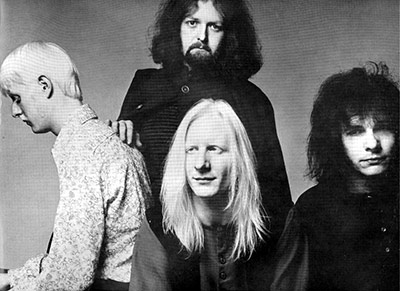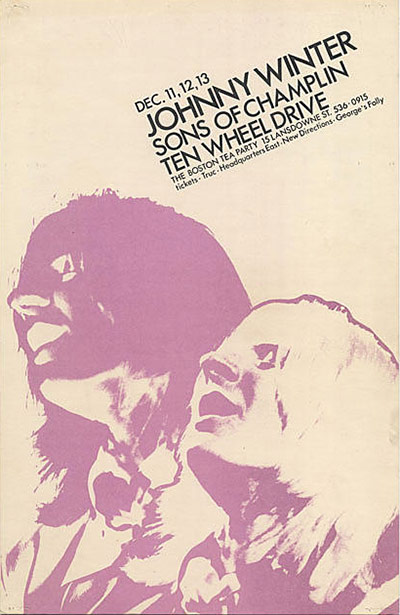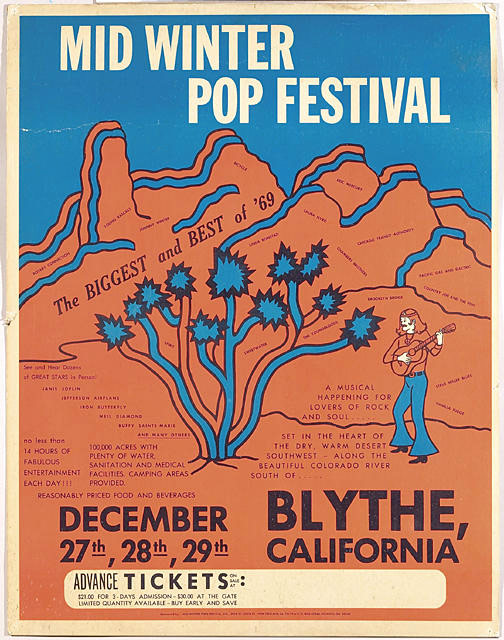In the column "Guest Album" , Dan Farte reviews the recently released "Second Winter". The transcript of the review follows
Today's column, a review of Johnny Winter's latest album, is by Dan Forte of Hayward. Readers are to submit reviews of their favorite pop albums or interviews with entertainers to the column each week. Those whose columns are published will each receive a copy of a recently released stereo pop album. Address all correspondence to: Guest Albuia, Teen Age, Oak-land Tribune, P.O. Box 509, Oakland, 94641.
"Second Winter" by Johnny Winter is literally an album and a half. As Winter explains in the liner notes, the group recorded an excess of material, planning to leave off anything that didn't satisfy them. In the end, all 11 songs were included, but put on three sides, because squeezing them all onto one record would have lost volume. As Winter stales, "We couldn't honestly give you more, and we didn't want to give you less, so here is exactly what we did in Nashville — no more and no less." "We" is Winter's group, which has now apparently added a new member. Johnny's older brother, Edgar, who was used to augment a few cuts on the first Columbia album, plays alto sax and keyboards.
The other members are Uncle John Turner en drums and Tommy Shannon on bass — both great instrumentalists. Winter plays lead mandolin and handles all vocals. All members are from Texas. "Memory Pain." minus Edgar, is an old blues which Winter has speeded up. This cut immediately displays the togetherness of the group. "I'm Not Sure," with Edgar on harpsichord, seems confusing at the start. but after a short "hoochie koochie" type of break, the group goes back to the original tempo, and gels going a lot better. "The Good Love" has its composer, Dennis Collins, on bass. This cut features Johnny using a wah-wah pedal, and shows influence of Jimi Hendrix.
Side two shows another side of Winter, with three old rock and roll tunes. "Slippinl and Slidin' " and "Miss Ann" both written by Little Ri-hard, don't come across very well. The group is more than competent in this field, but Johnny's singing is an attempt to copy Little Richard. It would have been better if the group had done it in Winter's style, like the next track, "Johnny B. Goode," On this cut the group doesn 't try to said like Chuck Berry, as the Rolling Stones and other groups have done. This is easily one of the best cuts on this album. Another great one is Bob Dylan's "Highway 61 Revisited."
This is a hard - driving blues with some of the best slide-guitar ever, It far impasses the original. Side three opens with "I Love Everybody," a Johnny Winter original. as are all songs on this side which features "I'm Not Sure." This is a fine blues, slightly reminiscent of Muddy Waters' "Two Trains Runnin'." Similarly, "Hustled Down in Texas" is close to "Got My Mojo Working," also written by Muddy Waters. Johnny again uses a wah-wah pedal, plus some fuzz effects. "I Hate Everybody" shows the group's talent in still another field — jazz. It features great guitar work by Johnny, and a few saxes and an organ played by Edgar. It continues into a drum introduction for "Fast Life Rider," which is minus Edgar.
Shannon plays some great, fast bass, and Red Twiner pounds out powerful driving drums. Stereo speaker switching makes it appear as though two guitarists are trading riffs. The song lasts more than seven minutes, and Johnny, aided only by drums throughout much of the song, shows why Mike Bloomfield once called him the greatest white blues guitarist, Personally, I doubt if any blues guitarist — white or black — could carry his pick, if possible, Winter has out-done his first Columbia al-, and also "The Progressive Blues Experiment" on Imperial. It's too bad there isn't a fourth side, but these three sides are plenty. Besides, another side would raise the price.


